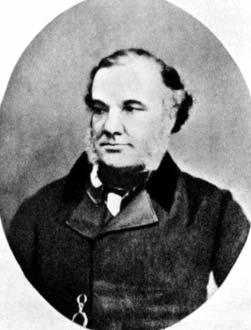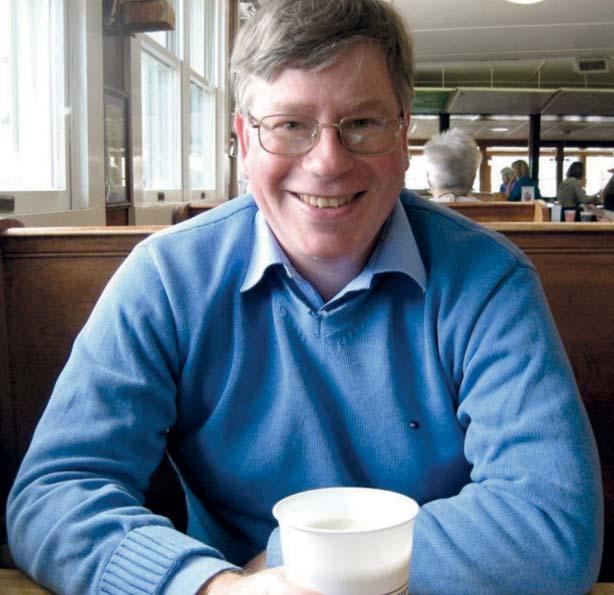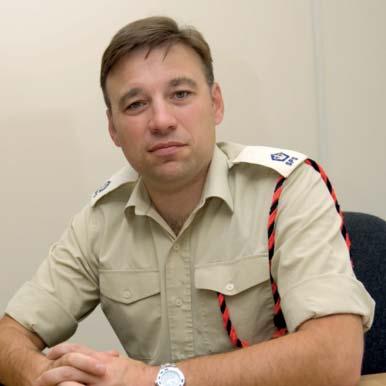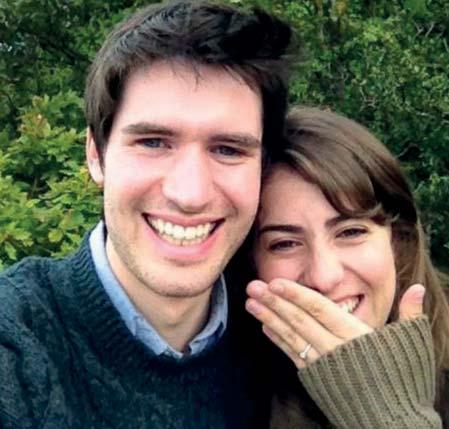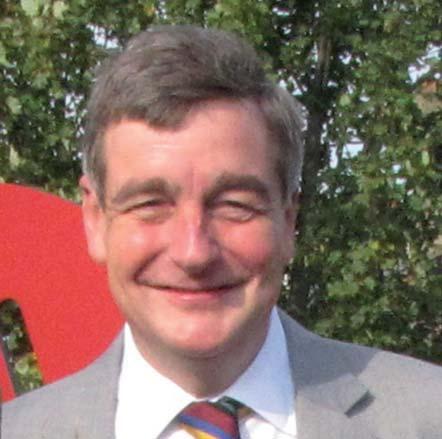Obituaries Sir (Francis) Humphrey Potts (44-50) Born 1931, died 2 December 2012, aged 81.
evidential inconsistencies. He was obviously intelligent and well-prepared. But he achieved results with juries as much through his patent decency, and lack of pretension. By 40, Humphrey was a successful barrister, who was excellent company and lived a bachelor life well in elegant surroundings in Brandling Park. Just as my parents thought he may not marry, Humphrey met Pippy, and their wonderfully happy marriage began. The house became a warm family home, with all the detritus of children mixing with the previously immaculate Georgian furnishings.
The passing of Humphrey Potts robs us of a delightful man. He never imposed his considerable erudition, and his great charm never ingratiated. He was inherently fair-minded, interested in people and the world about him, and he had good judgment in abundance. I should declare an interest – I knew Humphrey all my life, and he was best friends with my whole family.
Humphrey also took Silk in 1971, and (as then required) took chambers in London, at 11 King’s Bench Walk. He became a Recorder, and was appointed to the High Court Bench in 1986, with a reputation as a very fair judge, conducting trials with firmness and purpose. He presided over three high profile cases. The first was a libel trial in which journalist Jani Allan failed to refute an alleged affair with neo-Nazi leader, Eugene Terreblanche. Humphrey particularly enjoyed the linguistic economy in a newspaper report of one witness sighting through a keyhole “the oscillating buttocks of the overweight extremist.”
Humphrey grew up in Penshaw, where his father farmed on the Lambton Estate. He was evacuated to Penrith with the Second, the trial under the War Crimes Act (1991) of Nazi RGS during the war, a period he recalled less fondly than many, although he generally enjoyed his schooldays. He read collaborator Anthony Sawoniuk for crimes committed in Law at St Catherine’s, Oxford, and was a Scholar at Lincoln’s Belarus in 1942 – the only trial under that Act. Inn, where he was called to the Bar in 1955. And third, the trial of Jeffrey Archer for perjury. Although He joined Newcastle chambers at 51 Westgate Road when conduct of the trial was widely considered sensible and the Bar had a plentiful flow of criminal and civil work, the latter sound, Archer appealed his conviction and sentence, including on the grounds that Humphrey was prejudiced mainly involving industrial injury claims. The Newcastle Bar (based on an alleged dinner conversation with a third party was of small size, but high quality, with a disproportionate several years previously which Humphrey denied). The Court number eventually achieving high judicial office (including of Appeal took less than two minutes to dismiss the appeal. George Waller, Roddy Smith (37-44), my father and Humphrey). The nature and flow of work allowed these In need of advice, my father would ultimately listen to three “Lions of the North” (as they became known) to develop people: my mother, his brother, and Humphrey. Humphrey ferociously effective cross-examination skills. Combining was a similar touchstone for many. He will be greatly missed, them with meeting regularly clients of every background in by all who knew, valued and loved him, and particularly by prison, and running a prosecution one week and a defence Pippy, two sons, two stepsons and two grandchildren who the next, Humphrey built up ideal experience to be a High Court Judge. Such experience belies the common caricature survive him. of judges being “out-of-touch”. Louis Taylor (75-85) Humphrey’s personal presence in Court was commanding. He would fully press home a cross-examination, and punish
14


